As the lines between hardware and intelligence blur, the humble mechanical keyboard is undergoing a radical transformation. No longer just a typing tool, it’s becoming a smart, immersive, and expressive device. In 2025, cutting-edge trends like Hall Effect magnetic switches, AI-assisted input, sustainable design, and haptic feedback are reshaping the landscape—and savvy consumers are paying attention.
Whether you're a hardcore gamer, a software engineer, or a productivity enthusiast, here's what you need to know to stay ahead in the next era of mechanical keyboards.
🧲 1. Magnetic Switches: Redefining Precision with Hall Effect Technology
Traditional mechanical switches are giving way to Hall Effect magnetic switches, which rely on magnetism instead of physical contact to detect keystrokes. This allows for:
-
Analog input (variable actuation depth)
-
Programmable actuation points
-
Longer durability (less wear and tear)
🚀 Case in point:
Keychron’s Lemokey P1 HE and Q6 HE QMK are prime examples. These keyboards let users customize actuation levels for different games or tasks—offering FPS gamers ultra-light triggers and typists deeper, tactile resistance.
🤖 2. AI Integration: Smarter Typing Starts Here
AI is no longer reserved for cloud apps—it's entering the physical interface layer.
Key applications:
-
Context-aware autocomplete
-
Real-time typo correction
-
Single-key AI assistant activation
-
Productivity macros based on usage behavior
🚀 Real-world example:
Akko’s AI-powered keyboards let users summon an AI assistant (like DeepSeek or ChatGPT) with a single keystroke, merging productivity and language modeling into the hardware.
🎮 3. Haptic Feedback: Immersive Input for Work and Play
Haptics are getting smarter and more nuanced. Mechanical keyboards are beginning to offer vibration-based feedback, triggered by keypress depth, application context, or system events.
Benefits:
-
Enhanced gaming immersion
-
Accessibility for users with motor impairments
-
Simulated textures for different software environments
🚀 Futuristic vision:
HP’s AI peripheral roadmap hints at peripherals that adjust tactile feedback based on game genre—mimicking the feel of a sniper scope vs. a sword swing.
🌱 4. Sustainable Design: Green is the New Black
Modern consumers—especially Gen Z—are prioritizing eco-conscious choices. Mechanical keyboard makers are following suit by:
-
Using recycled or biodegradable materials
-
Eliminating harmful coatings
-
Offering repairable designs (hot-swappable switches, modular cases)
🚀 Market trend:
According to LinkedIn industry reports, demand for sustainable peripherals is growing rapidly among hybrid workers and students.
📈 5. Explosive Market Growth: A Rising Wave You Don’t Want to Miss
The global mechanical keyboard market is projected to grow from $2.05 billion in 2025 to $3.87 billion by 2030, with a CAGR of 13.5%. (source)
Key growth drivers:
-
Rise of remote work and content creation
-
Demand for ergonomic and customizable gear
-
Increasing interest in mechanical keyboards from non-gamers



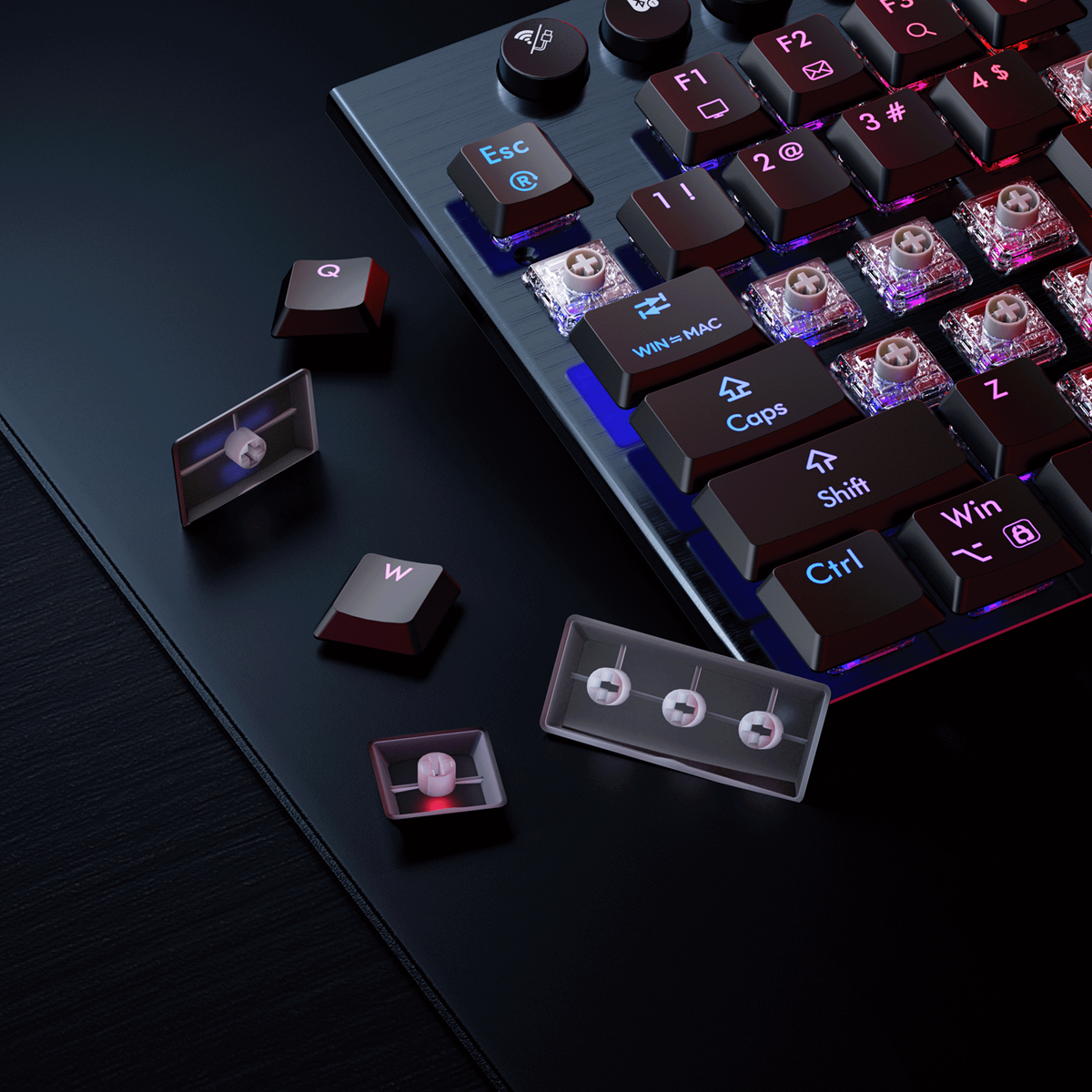
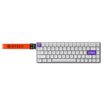
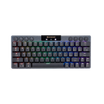
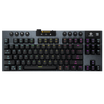







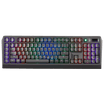
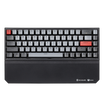
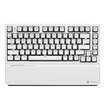
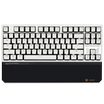
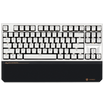
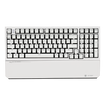
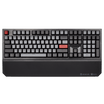
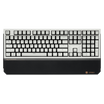

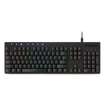
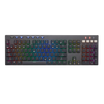
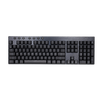



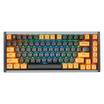
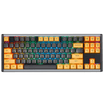
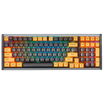

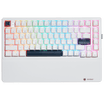
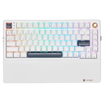
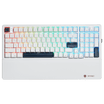




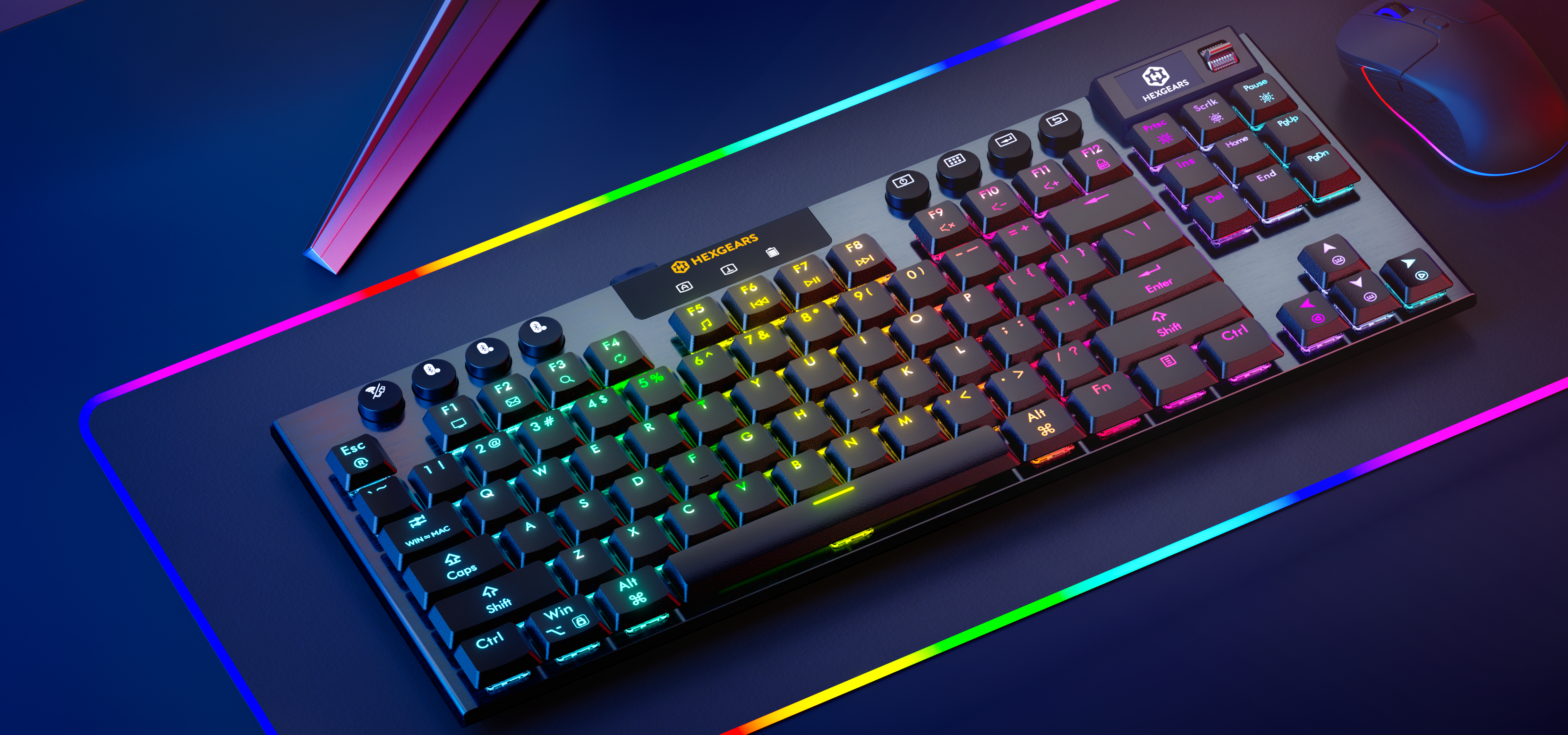

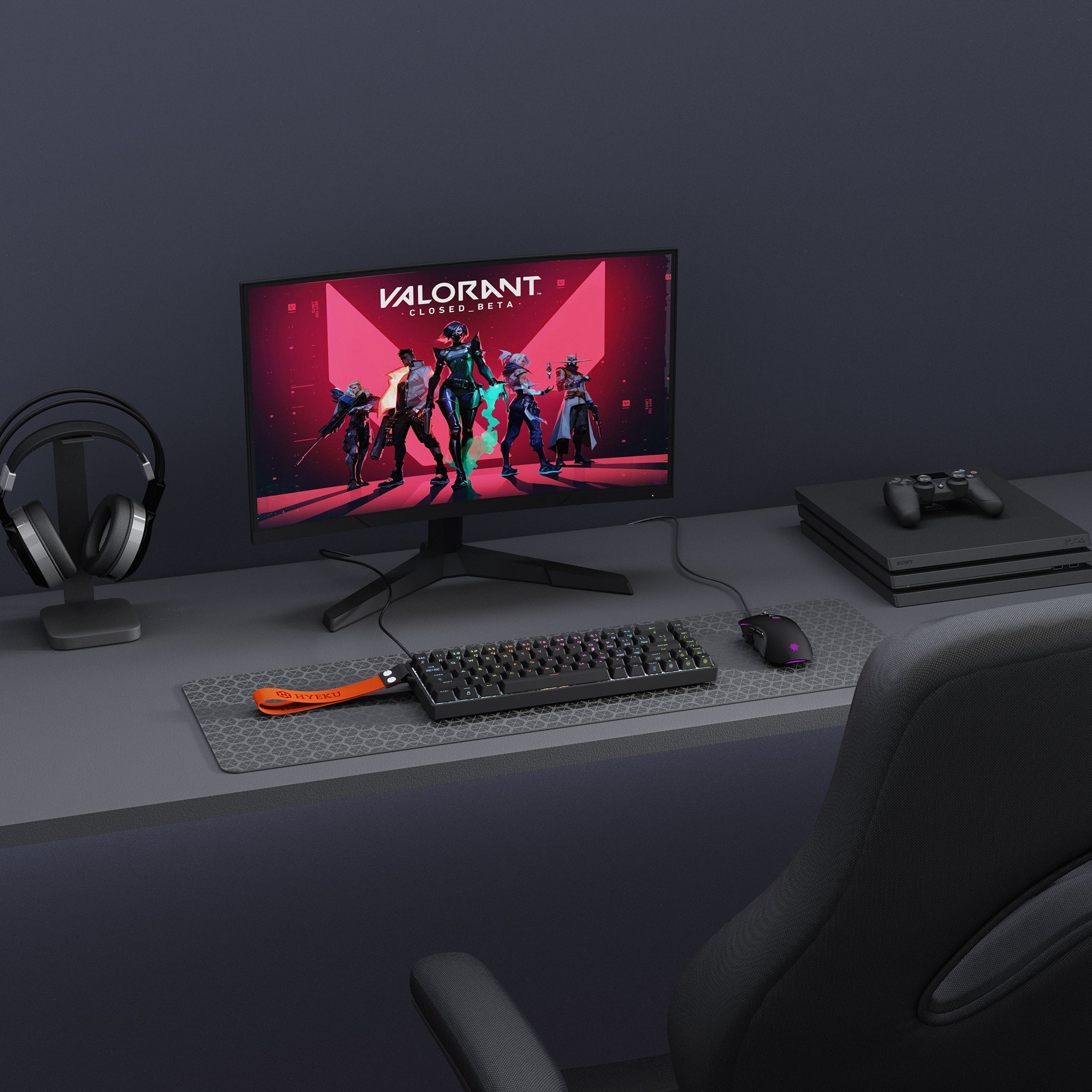
Leave a comment
All comments are moderated before being published.
This site is protected by hCaptcha and the hCaptcha Privacy Policy and Terms of Service apply.